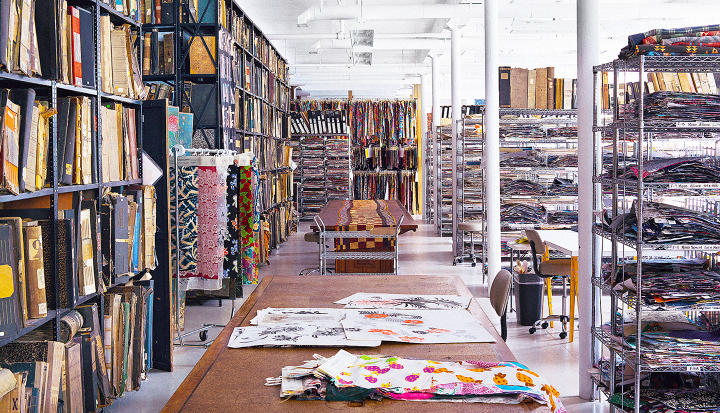Here are a few posts from last week's Greenpage that might be worth your time...
The Case for Hiring Asian American Directors
HowlRound: I recently reread August Wilson's 1990 essay “I Want A Black Director!” and found myself compelled by his argument: “I declined a white director not on the basis of race but on the basis of culture. White directors are not qualified for the job. The job requires someone who shares the specifics of the culture of black Americans.” As an Asian American director who longs to direct more Asian American plays, I've found myself wishing someone within my community would make a similar argument. I recently realized: I guess that person has to be me.
NEA Warns Against Scam Artists
Stage Directions: The NEA is warning theatre companies of a scam that attempts to defraud them (and other arts orgs) through false grant notifications via Facebook. The perpetrators claim to be NEA employees who need seed money from an account to release grant funds. This is a scam. The NEA never notifies individuals or organizations about grants through Facebook; nor do they request money before releasing grant funds.
Arduino on Arduino battle ends in reconciliation, merger
Ars Technica: On Saturday, the two rival groups—Arduino LLC (Arduino.cc) and Arduino Srl (Arduino.org)—announced that they had "settled their differences," and agreed to merge. At present, the similarly-designed sites both carry the official Arduino logo, and both sell official Arduino products.
Relaxed Performances: The Nuts and Bolts of Offering Sensory-Friendly Experiences to Your Audience
Breaking Character: The work of making the theatre field more inclusive and equitable for people with disabilities is a complex and long-term project. Like any kind of equity, diversity, and inclusion (EDI) work, it can feel simultaneously like the most important priority for sustainability of an organization and like an issue so large that it can be daunting to take the first step.
Inside The World's Largest Pattern Library
Co.Design | business + design: Where do patterns come from? While some might be computer-generated using the latest in image scanning and digital printing technologies, many more can be sourced to the Design Library—the world's largest collection of patterns.




No comments:
Post a Comment